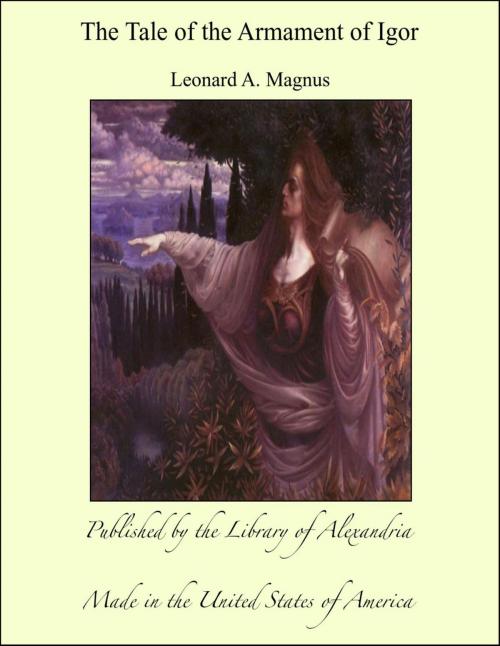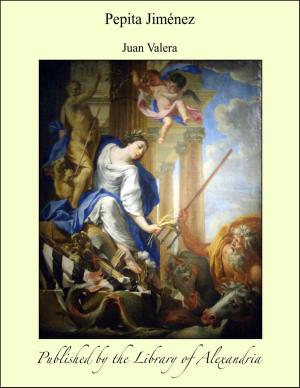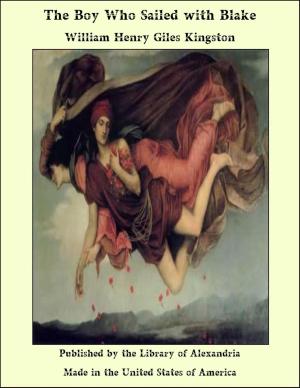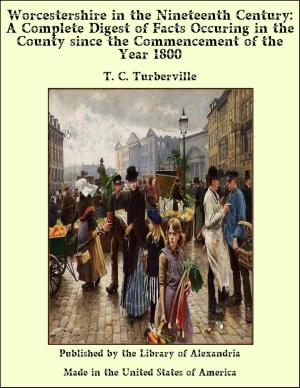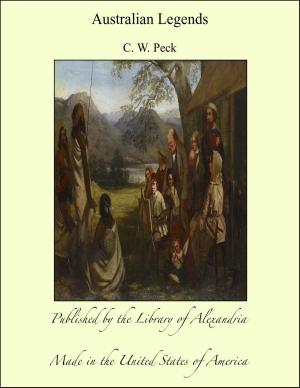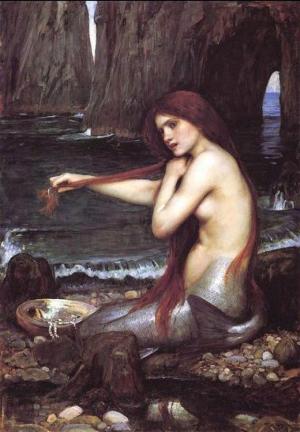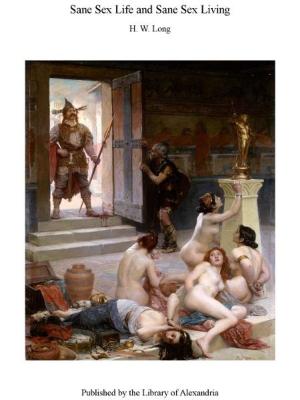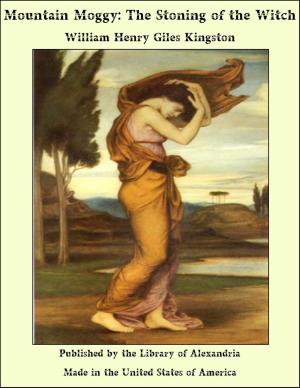The Tale of the Armament of Igor
Nonfiction, Religion & Spirituality, New Age, History, Fiction & Literature| Author: | Leonard A. Magnus | ISBN: | 9781465578884 |
| Publisher: | Library of Alexandria | Publication: | March 8, 2015 |
| Imprint: | Language: | English |
| Author: | Leonard A. Magnus |
| ISBN: | 9781465578884 |
| Publisher: | Library of Alexandria |
| Publication: | March 8, 2015 |
| Imprint: | |
| Language: | English |
The history of the manuscript of the Slóvo has been often stated. In 1795 Count Musin-Puškin, a distinguished arcæologist, bought from the archimandrite of the Spaso-Yaroslávski monastery a bound volume of manuscripts, amongst which was the original of this text. In 1800 he published the editio princeps under the title of a 'A heroic song of the foray against the Pólovtsy of the hereditary Prince of Nóvgorod-Sěverski, Ígoŕ Svyatoslávič.' There were 1200 copies printed, a few of which survived the fire of Moscow in the year 1812 in which the original MS. and most of the printed copies perished. Thus this printed book of 1800 was the only original, until Pekárski discovered a second modern copy amongst the papers of the Empress Catherine II, an account of which appears infra. The editio princeps contains the text with a modern Russian translation, historical and other notes, an abstract of the action of the poem, and a preface giving the facts of the discovery. The text is printed as continuous prose, and there is a long list of errata at the end of the volume. The preface provides no sufficient detail as to the style, conditions or date of the lost original; nor to what extent, if any, the editors had adhered and followed it literally, or emended the orthography in conformity with the standards either of Russian or Church-Slavonic. From all accounts, Musin-Puškin was an ardent collector, but an indifferent critic; and, from contemporary evidence it has been gathered that only six of the learned men of the time ever had the opportunity of seeing this vanished MS.: amongst them Bantyš-Kamenski, A. F. Malinovski, A. I. Ermoláev, N. M. Karamzín, R. F. Tirnkovski and G. N. Boltin.
The history of the manuscript of the Slóvo has been often stated. In 1795 Count Musin-Puškin, a distinguished arcæologist, bought from the archimandrite of the Spaso-Yaroslávski monastery a bound volume of manuscripts, amongst which was the original of this text. In 1800 he published the editio princeps under the title of a 'A heroic song of the foray against the Pólovtsy of the hereditary Prince of Nóvgorod-Sěverski, Ígoŕ Svyatoslávič.' There were 1200 copies printed, a few of which survived the fire of Moscow in the year 1812 in which the original MS. and most of the printed copies perished. Thus this printed book of 1800 was the only original, until Pekárski discovered a second modern copy amongst the papers of the Empress Catherine II, an account of which appears infra. The editio princeps contains the text with a modern Russian translation, historical and other notes, an abstract of the action of the poem, and a preface giving the facts of the discovery. The text is printed as continuous prose, and there is a long list of errata at the end of the volume. The preface provides no sufficient detail as to the style, conditions or date of the lost original; nor to what extent, if any, the editors had adhered and followed it literally, or emended the orthography in conformity with the standards either of Russian or Church-Slavonic. From all accounts, Musin-Puškin was an ardent collector, but an indifferent critic; and, from contemporary evidence it has been gathered that only six of the learned men of the time ever had the opportunity of seeing this vanished MS.: amongst them Bantyš-Kamenski, A. F. Malinovski, A. I. Ermoláev, N. M. Karamzín, R. F. Tirnkovski and G. N. Boltin.
